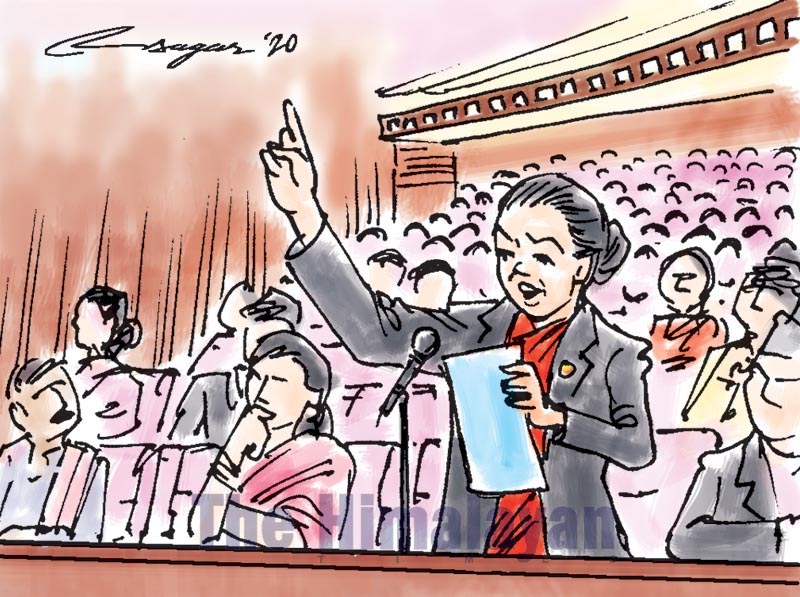Correcting policy-making process
Until now, in Nepal, policy-making process has been a top down approach, assuming that it has a homogeneous context all across the country.
However, this is not true because there is great variation across the country in terms of geography, culture and language.
One example in this regard is that there are two academic sessions here, one in the mountainous region and the other in the hills and plains. This is due to the difference in climatic and geographic conditions. In other sectors also, making a uniform policy cannot be a solution.
This is why policy-making process has almost become a failure here for the past few decades.
Since Nepal is transitioning into federalism, it is now in a historic position to correct the past mistakes because the new constitution has given rights to the local governments to frame policies, including in the education sector, on their own. For this reason, it is essential that local governments consult and consider local contexts, priorities and needs while formulating policies.
Apart from this, local governments should be able to communicate policies to the concerned stakeholders and should also be able to take people’s opinions seriously according to necessity. Actually, this is undoubtedly a great opportunity for making appropriate policies at the local levels; however, this can be successful only if the concerned local governments adopt democratic and transparent means of making and implementing policies.
In order to frame local level policies, local governments should have good leadership quality; otherwise it is very difficult to take into confidence of the concerned stakeholders.
Also there should be sufficient technical support from the federal government, especially for furnishing competent manpower.
But this fact has not been realised by the concerned persons as yet.
In Nepal, policy-making process is driven by political agenda.
In most cases, it is those in political power who lead the policy-making process, disregarding experts’ opinions, suggestions and recommendations.
It hardly considers the ground reality; therefore, it is very difficult to implement policies in many places.
In the past, most policies failed due to lack of proper communication about the provision up to the grass-roots level.
Although some changes are made time and again at the centre, they are hardly communicated at the bottom level.
In fact, policies envisioned in one context may not be relevant in another; so it is indispensable to consider local contexts in making policies.






